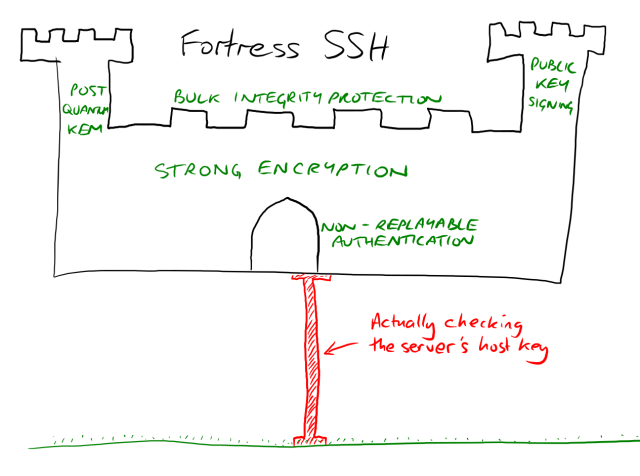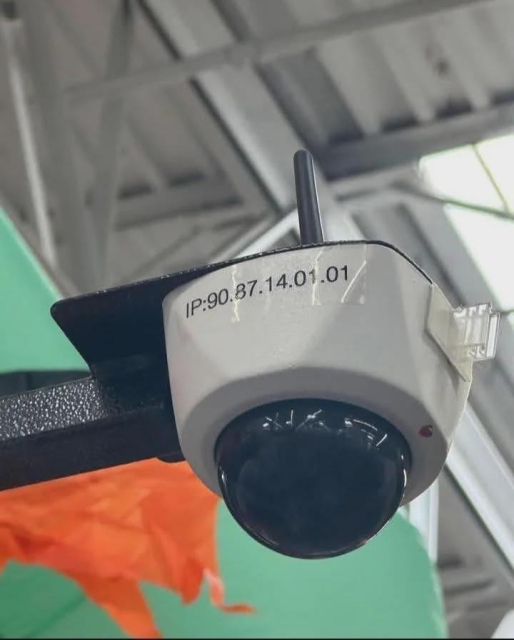The real question is why are admins not publishing SSHFP records? (And using dnssec to secure them).
Most admins don't even publish the fingerprints in a location that users could find even if they wanted to do the verification.
Ask yourself, how would you do the verification today?
Blaming users for a failure of the admins is just lame.


















feld
in reply to John-Mark Gurney • • •if you control your infra end to end, why do you need SSHFP? You can have all your servers publish their keys into LDAP automatically and then those can all be injected into the known_hosts on every admin's workstation. This is how I've seen it done. You always know the correct public keys for every server and don't have to involve DNSSEC in the mix.
If the attacker can get enough control to mess with those LDAP records DNSSEC wouldn't have mattered, they probably could also gain access enough to change the SSHFP records too.
I could see SSHFP being useful for internet facing sshd, but just put it all behind a VPN and then I think it doesn't matter as much anymore except in the most extreme security-sensitive scenarios.
John-Mark Gurney
in reply to feld • • •@feld
Well, that's another way to distribute them. You don't need DNSSEC, but you do need competent admins, and ldap distribution is one way to not require the user to do key verification.
One advantage SSHFP records is that openssh has the verification integrated, so you don't have to do extra work on the user's workstation.
feld
in reply to John-Mark Gurney • • •feld
in reply to John-Mark Gurney • • •Kevin P. Fleming
in reply to feld • • •feld
in reply to Kevin P. Fleming • • •you're missing out on the fun of LDAP+Kerberos
also sudo's support for storing the rules in LDAP is great. Any rule change is instantly reflected globally